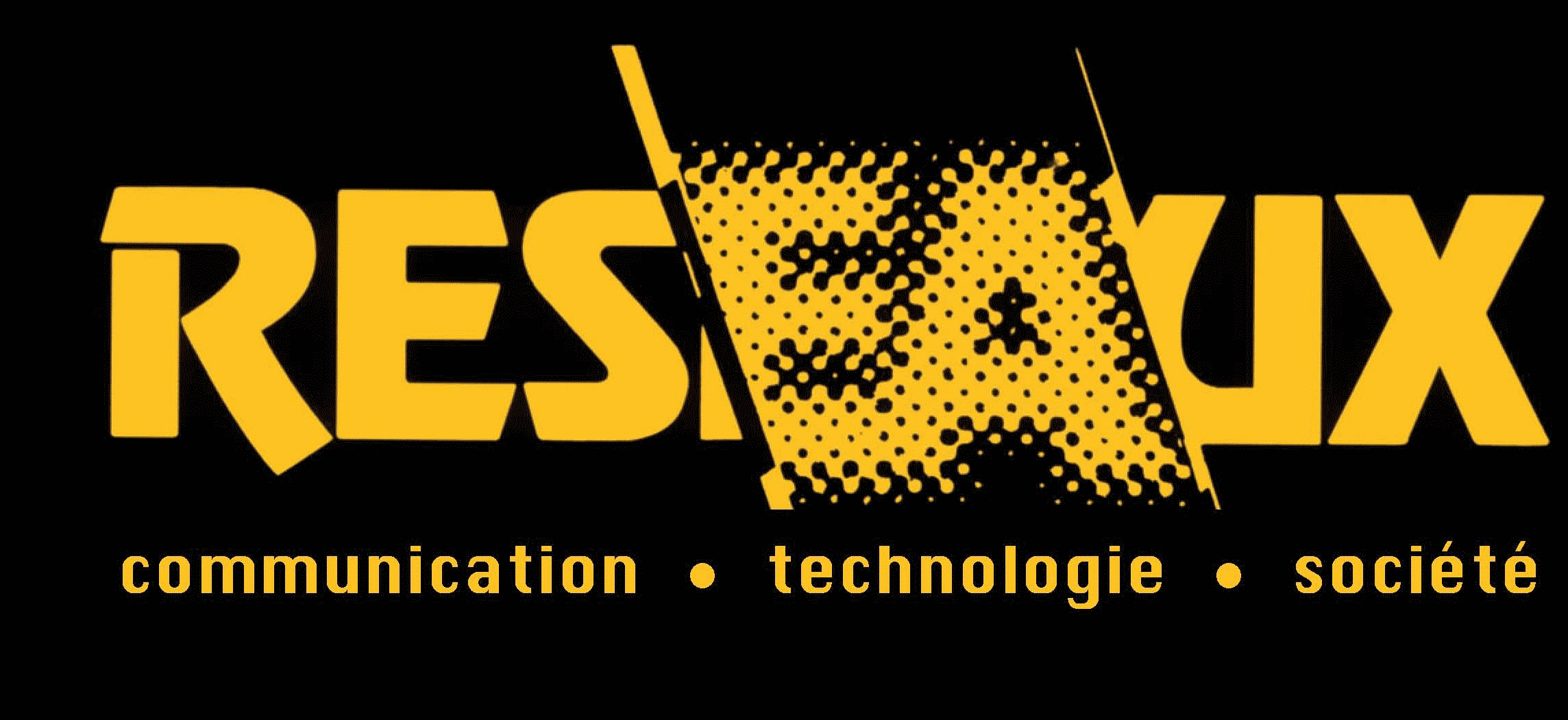Translating Biological Samples: Amplifying Privacy?
This paper concerns the articulation between privacy and criminal justice. We look at police investigations and their use of genetic identification technology. Privacy is commonly seen as an attribute of individuals that takes precedence over social life, like something that one possesses and needs to preserve. Thought of in these terms, the rise of genetic identification technology in criminal justice appears to be a force undermining privacy. Drawing on the sociology of translation, we suggest reconsidering this reading of technological innovation. Based on fieldwork carried out in Canada, we follow the journey of biological substances, from the moment the samples were taken to their transformation into genetic profiles. We argue that it is both possible and heuristic to see privacy as a contingent socio-technical production. This understanding affords us a way out of some of the deadlocks of the dominant paradigm of privacy and relativist constructivism.
